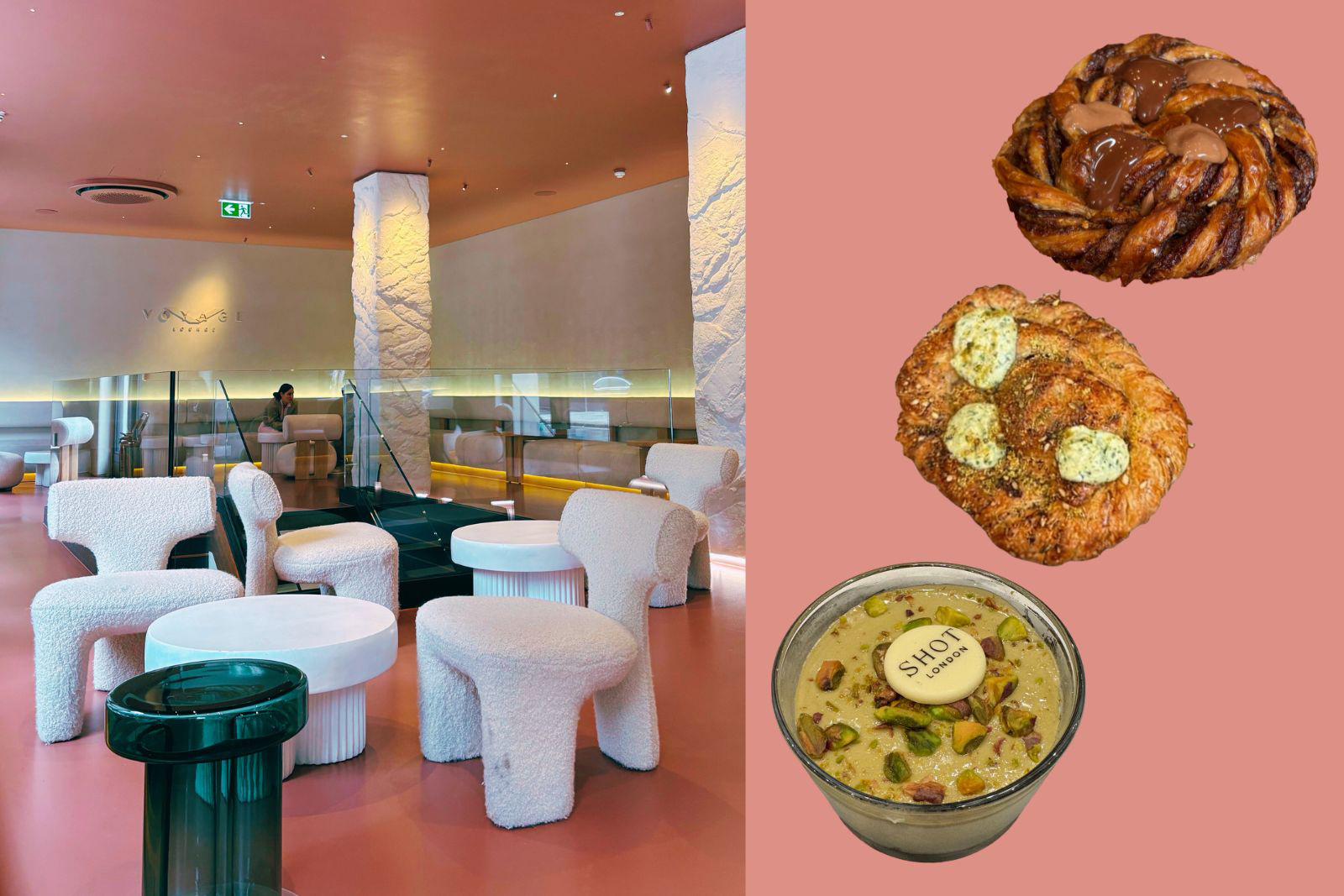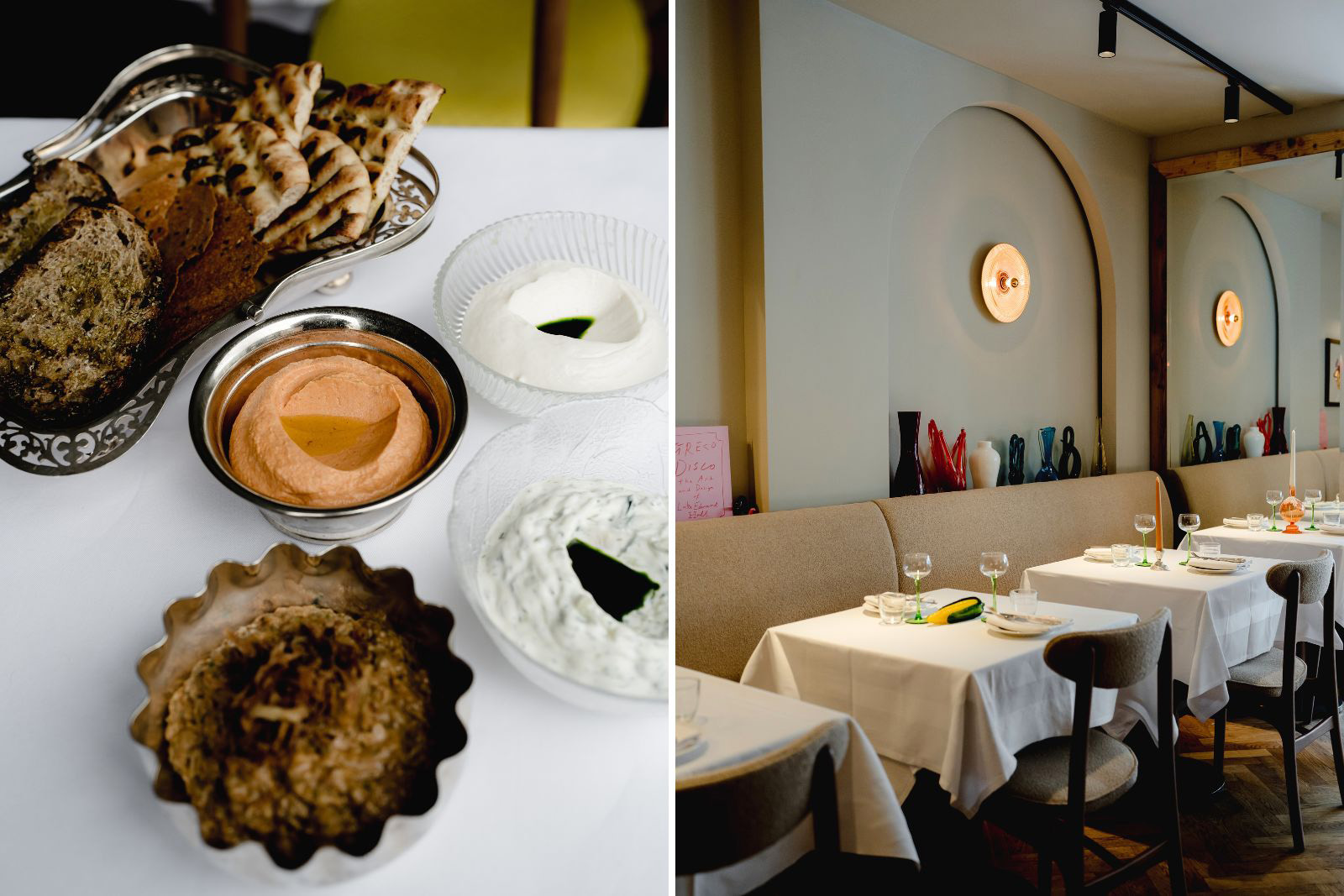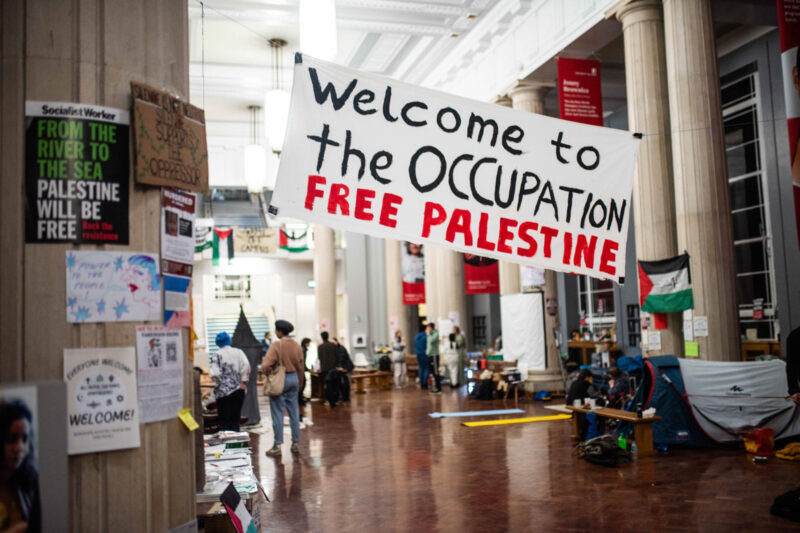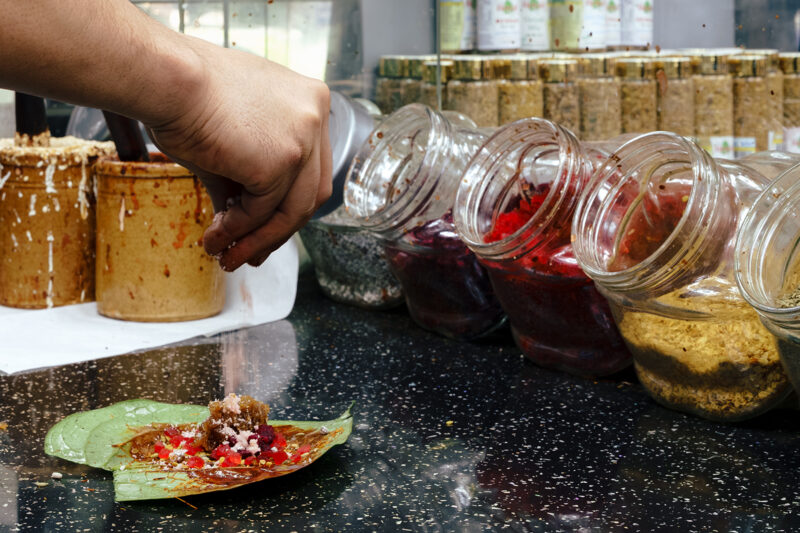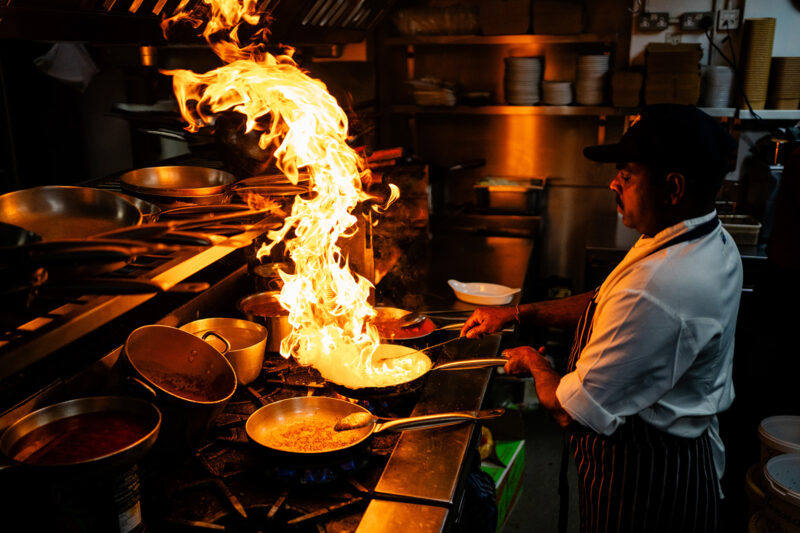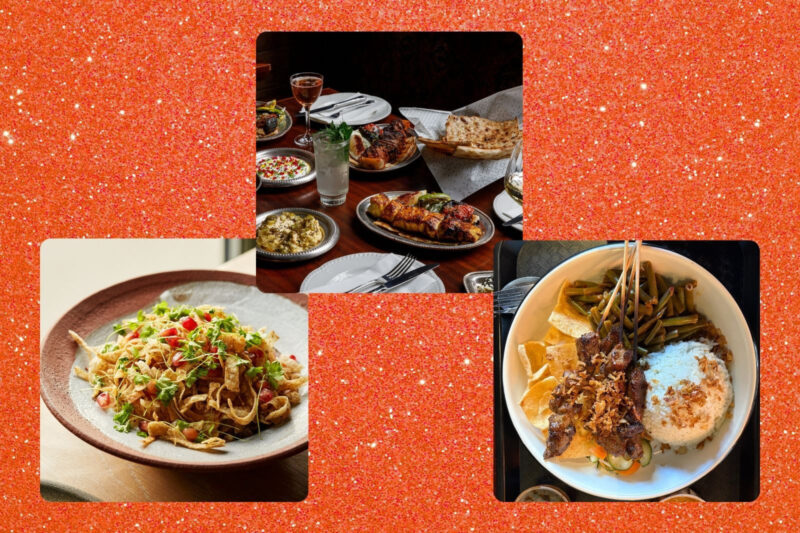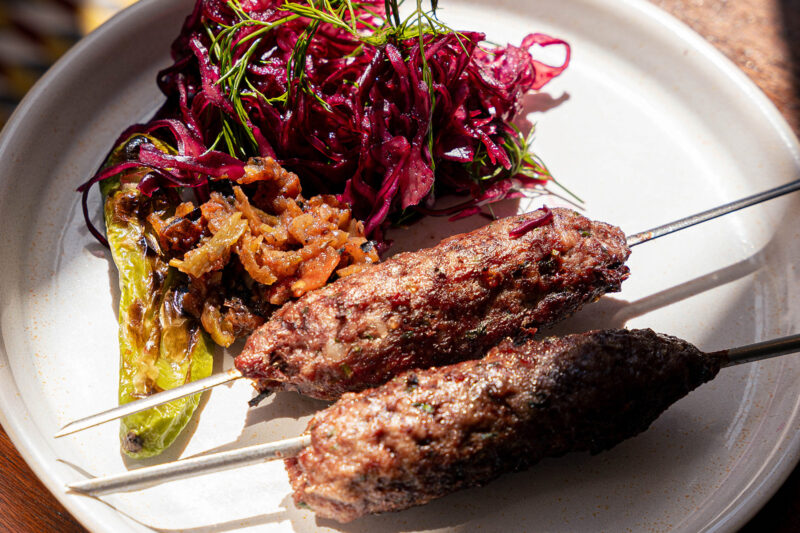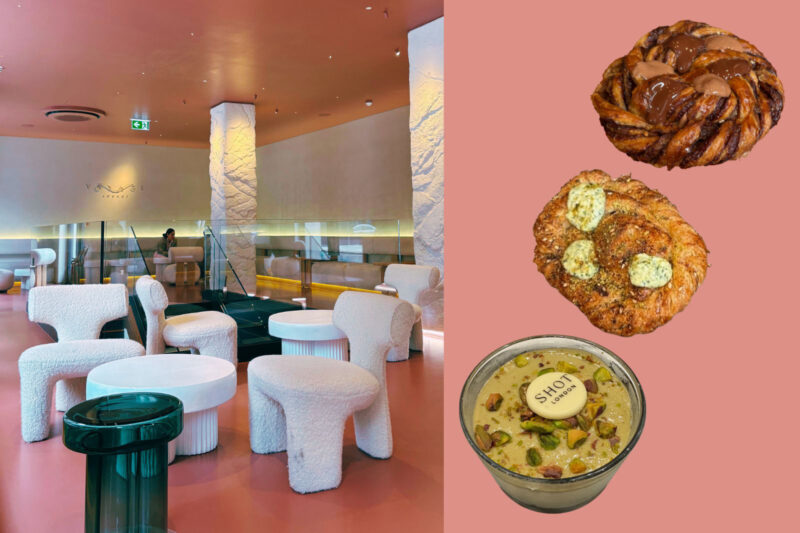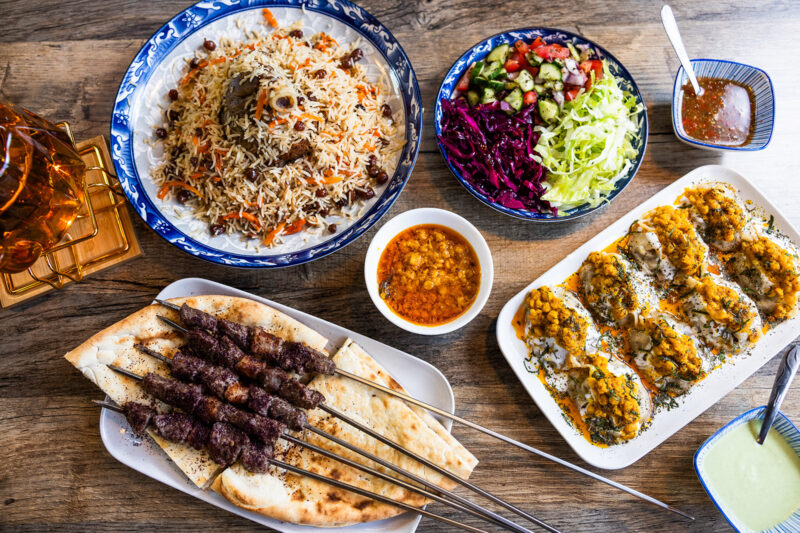Tunisian cuisine is so much more than harissa
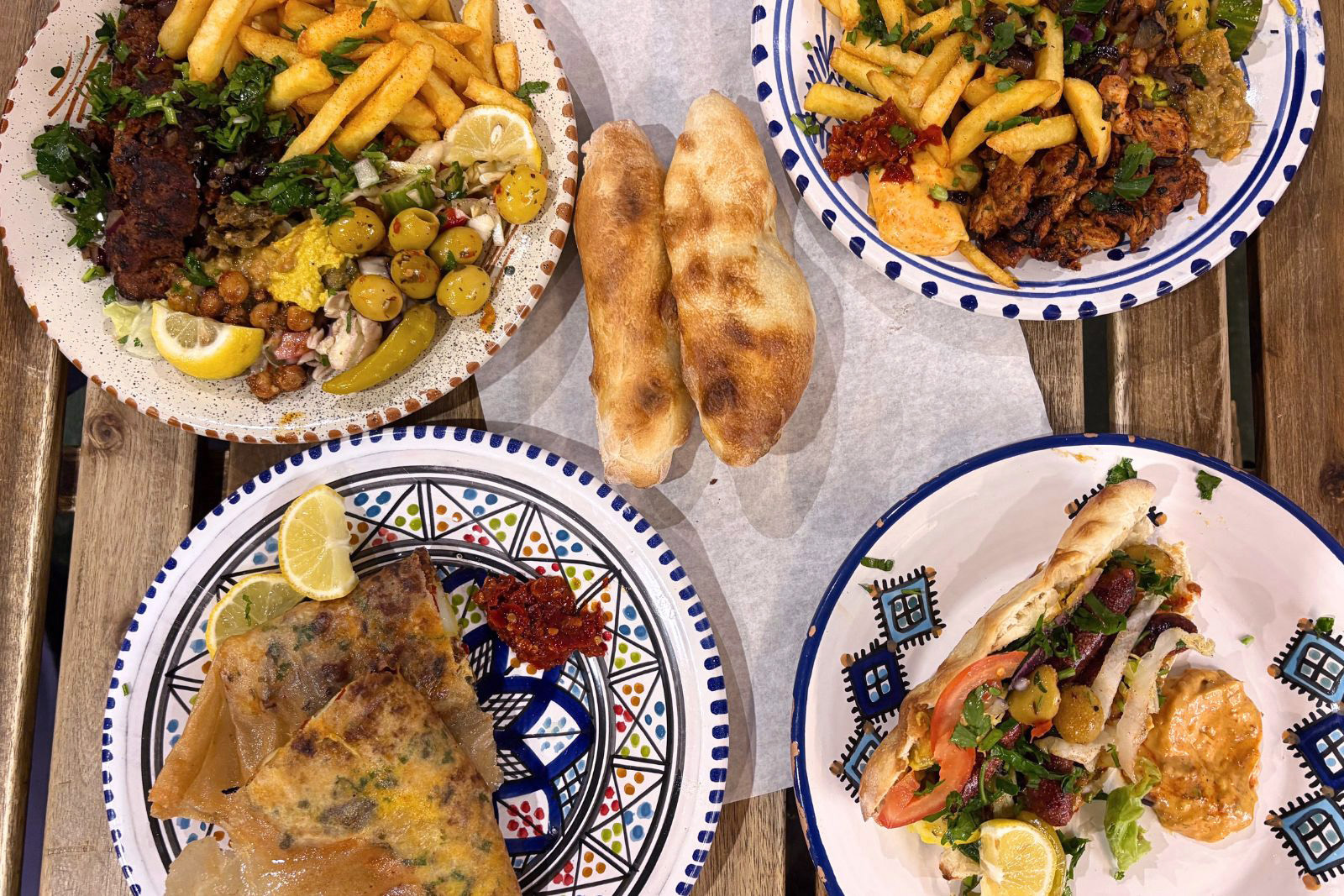
Long overshadowed by its north African neighbours, the nation’s culinary culture is slowly making inroads in the UK
When I think of Tunisian food, I can’t help but consider it one of the world’s most slept-on culinary experiences. Though I’ve not put this theory to the test, I imagine that if you were to stop 10 random people on the average British street — including those in the capital — and asked them to name one dish from the country, you’d be met with a stony silence.
More often than not, Tunisia’s food culture has been lumped together with those of its north African neighbours, particularly Morocco. Yet harissa, a quintessential Tunisian ingredient, has become a store-cupboard staple here. Such is the importance of this globally loved chilli paste that, in 2022, Unesco made it part of Tunisia’s intangible cultural heritage. Whether the array of supermarket own-brand versions are any good is a matter of opinion, but Le Phare du Cap Bon, immediately recognisable by its yellow packaging and lighthouse logo, is a widely available, high-quality option.
With influences from across the Arab world, Italy and France, Tunisian cuisine is unique, exciting and disappointingly difficult to get in Britain — but that is slowly starting to change. When I heard about the opening of Oula Cafe by Tunisian chef Boutheina Ben Salem, I wasted no time paying a visit.
Located in the newly launched Ibraaz, a central London space dedicated to arts and cultural projects in the Middle East and north Africa region, run by the Kamel Lazaar Foundation, Oula Cafe displays the pantry items it sells like a living archive, with meticulously arranged sun-dried peppers, deglet noor dates, olive oil pressed in the coastal city of Mahdia and artisanal harissas adorning the shelves next to the till.
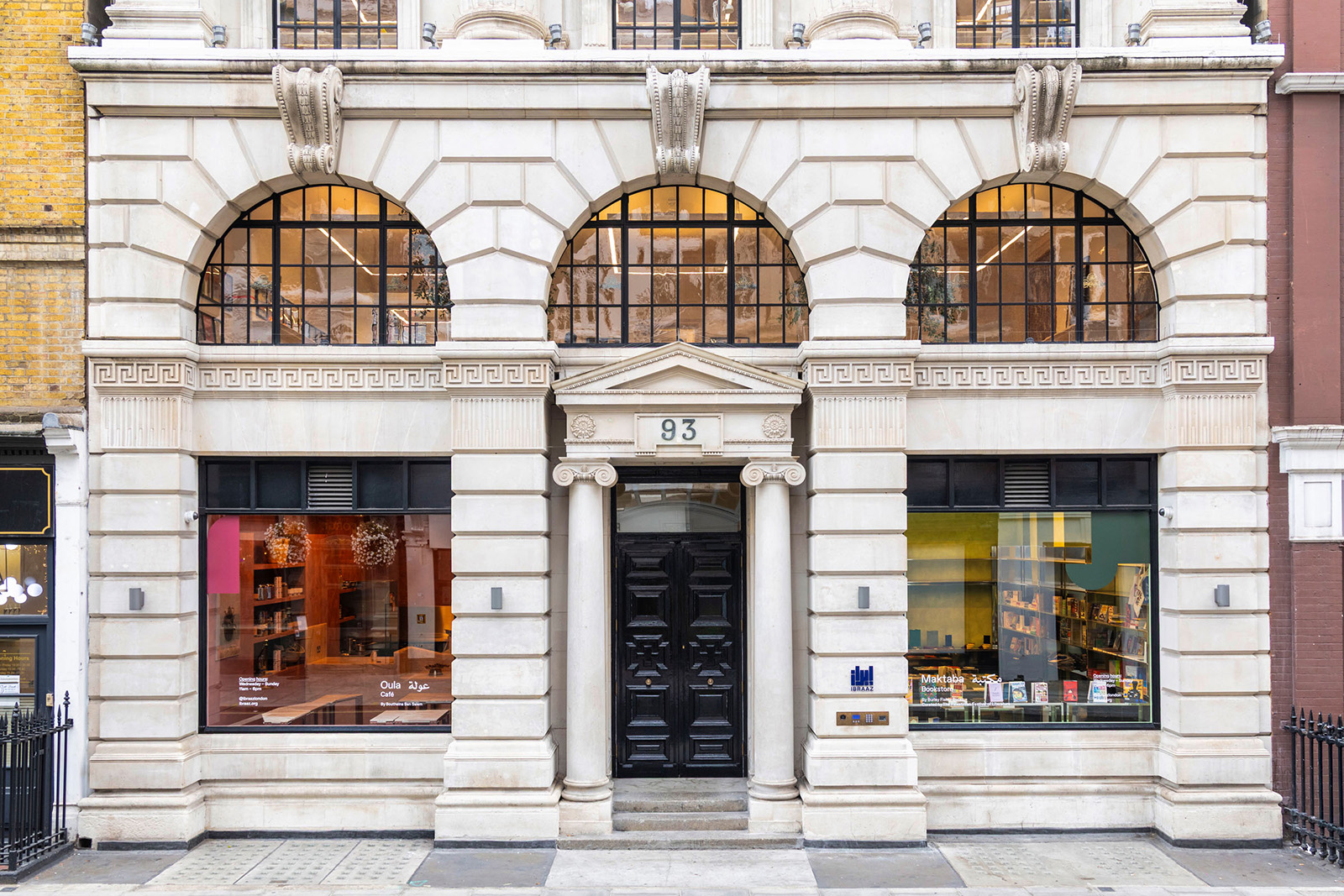
The cafe’s minimalist food menu changes with the seasons, reflecting the Tunisian harvest, with dishes including brik pastries and droo gourmand, a velvety porridge of sorghum grain. Lablabi (£7), a hearty chickpea soup, is traditionally served on cold days. Warmly spiced with cumin, sauteed onions and garlic, it was a natural and deeply satisfying choice for a November afternoon. Ojja (£7), meanwhile, consists of eggs scrambled in a rich tomato, onion and red pepper sauce, spiked with harissa. The depth and balance of flavours, plus the addition of artisanal bread by Quince Bakery to mop up make it a substantial and delicious lunch option.
The drinks selection includes bsissa (£7), a blended beverage that dates back to Roman times, made with dates, olive oil, roasted almonds, sesame, linseed and halva. It’s reputed to have all kinds of health benefits and has long been given to recuperating new mothers. On the other hand, though, you could just have a flat white or a latte.
Though my visit to Oula Cafe left me full and happy, it marked the start of a deeper, longer-lasting craving for Tunisian cuisine that took me 200 miles north to Leeds. The city’s Kirkgate Market is one of the largest indoor spaces of its kind in Europe and a foodie paradise. Once there I headed straight to Sweet Saeeda, a cherished fixture on the local cheap eats circuit.
The stall, run by owner Mokhles Bougoffa and named after his mother Saeeda, has the look of a typical eatery in the souks of Sousse. The display cabinets house a chaotic mix of grilled vegetables, film-wrapped breads, salads and dips, while a deep-fat fryer, sandwich press and fridge stocked with meat and poultry sit at the rear.
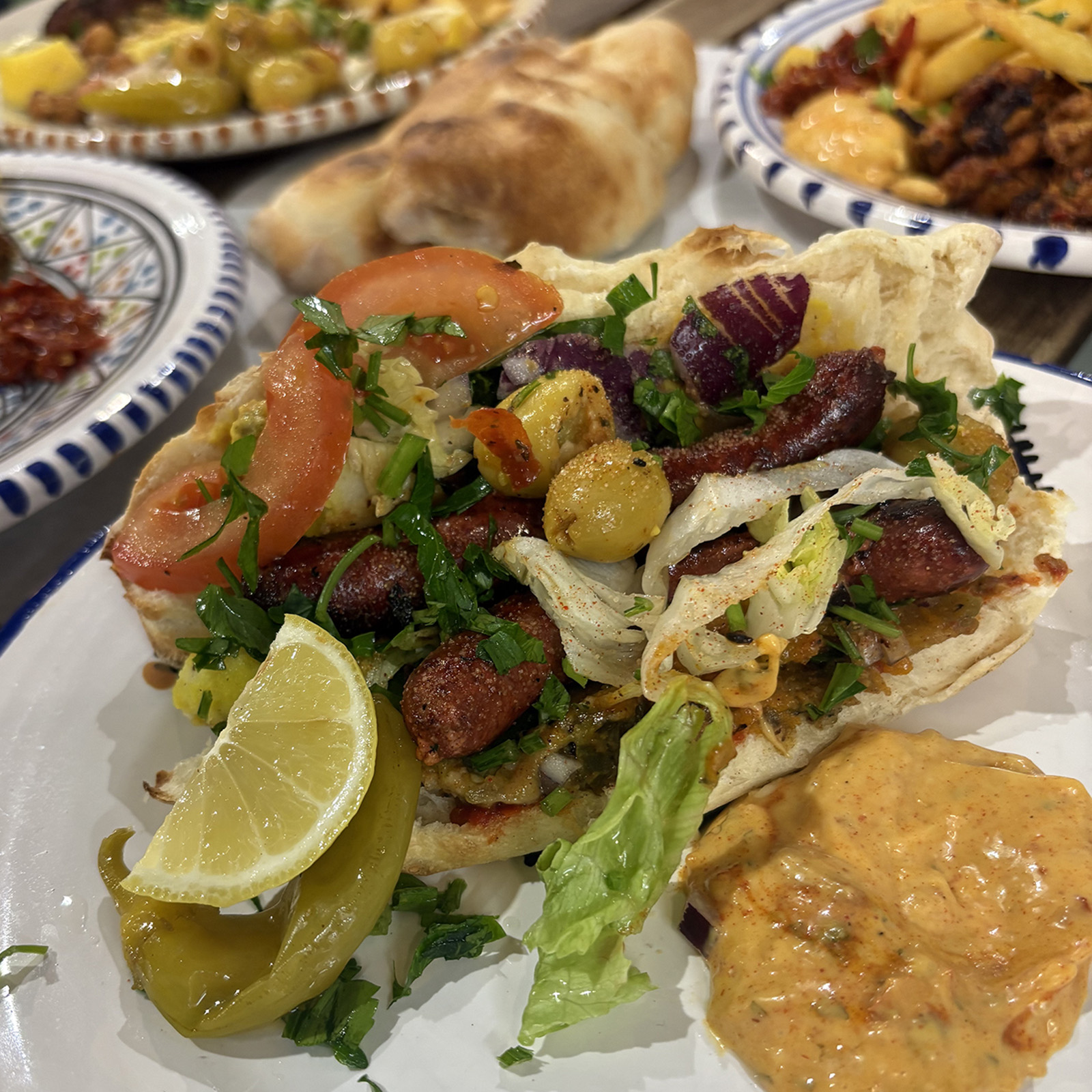
The simply named Tunisian plate is available in lamb, chicken or merguez versions, complete with salad, tomatoes, onion, hummus, olives, grilled vegetable mechouia salad, chips, a drink and fresh bread for an extremely budget-friendly £8.99.
In the interest of research, I ordered both the chicken and the lamb. The lamb came in the form of a beautifully chargrilled spiced kebab, while the chicken consisted of richly marinated and expertly grilled breast meat served in bite-sized pieces. The accompaniments included a surprise serving of boiled potatoes covered in spice and quickly crisped up in a pan to add a crunchy layer, like my grandmother would often whip up when I was a child to accompany kibbeh or kebabs. The mechouia and harissa on the side provided all the components necessary to assemble the perfect bite.
The merguez sandwich (£5.50) was served in fresh Tunisian bread, an elevated version of a French baguette that is crunchy on the outside and pillowy soft inside. Slathered with a spicy sauce, it made the perfect home for a deep red lamb and beef sausage that packed a punch of harissa heat, along with the fragrance of cumin, fennel and paprika and garlic.
The quality and flavour of merguez relies heavily on the unique spice blend used by each maker, and the version at Sweet Saeeda was second to none that I have tasted before. Topped with salad, pickles and olives, it’s hard to imagine finding a better sandwich anywhere. Before I’d even finished, I found myself attempting to engineer a reason to come back to Leeds to eat the same thing all over again.
I also found myself thinking something that I already knew to be true. Given its rich flavours and accessibility to a range of palates, there is not nearly enough Tunisian food available in the UK. Fortunately, a few more places are springing up around London, including Tunisian Street Kitchen in Waterloo and the recently opened Little Tunis on Edgware Road. If you are further away, though, a selection of Tunisian ingredients is now available from Sidi Bou, who used to run my favourite west London restaurant. Now, relocated to Nottingham, they operate an online store, cater events and also hold cooking classes. As soon as I’m up to the task, I can see myself signing up for one and bringing these flavours to my own kitchen.
 Newsletter
Newsletter


